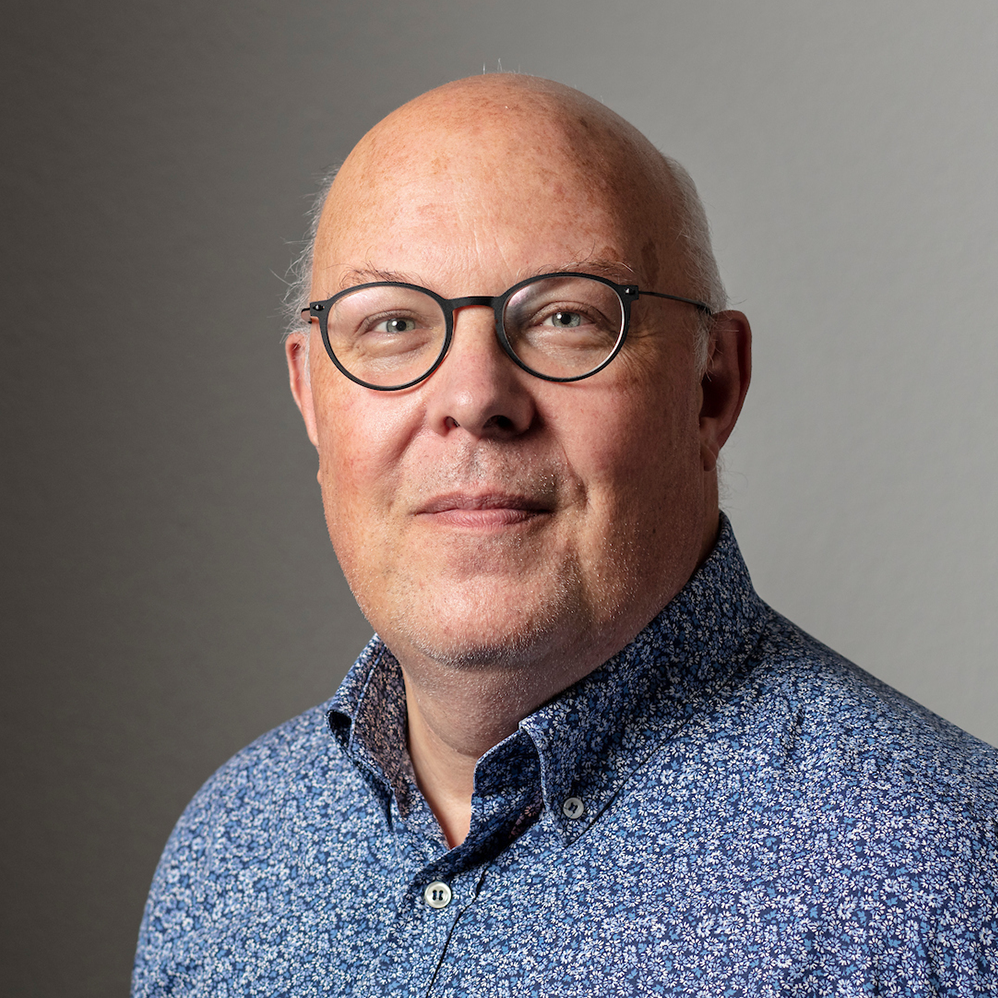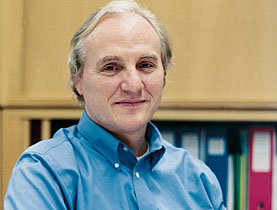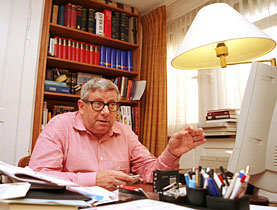Is politics out of step with society?

The increasing individualisation of society is one cause of the relative lack of public interest in politics, a leading Swiss sociologist tells swissinfo.ch.
René Levy’s recent book, The Social Structure of Switzerland – X-Ray of a Society, serves as a guide for anyone wanting a comprehensive view of various aspects which shape society: education, family, economy and politics.
The former president of the Swiss Society for Sociology explains how Switzerland, while known for its stability, is in fact a country which has experienced profound social changes in recent decades.
What’s more, this evolution influences the relationship between citizens and politics and explains above all the relatively low turnouts at referendums and elections.
swissinfo.ch: Many countries have seen an increase in inequality between the different social strata. What’s the situation in Switzerland?
René Levy: The increase in inequality compared with income and wealth is considerable, especially if you go back to the 1950s. Recent figures show that the situation has remained stable for the past ten to 15 years, except if you look at the extremes – the richest and poorest. But these two social strata are statistically too limited to affect the global picture.
swissinfo.ch: One often hears about the erosion of the “middle class”, which is perceived as the backbone of democracy. Is this true in Switzerland?
R.L.: I don’t have the impression that it’s under threat. You have to remember that the fundamental aspects of social structure hardly ever change quickly.
It’s also necessary to speak in the plural. There is not one but many middle classes. The “traditional” middle class, based on economic independence and comprising craftsmen, businessmen, farmers or free-market professions, is getting smaller. The “new” middle class on the other hand, based more on a middle or higher education or qualification and comprising employees, is developing. So there are very important subtleties.
In political sociology we have also seen over several years the emergence of a new type of middle class: that known as “socio-cultural specialists”, who are particularly open to the world and are interested in social issues. They enjoy a good education and carry out jobs that are not technical but are in social areas or areas where interpersonal relations play a crucial role.
swissinfo.ch: In your book you also show that society is becoming more individualistic, which has repercussions for politics.
R.L.: One still thinks of society as a village community – something that hasn’t existed for a long time. There’s still this idea of a society where families are close-knit, where social ties are strong, where one finds spontaneous solidarity, but also an omnipresent social supervision. But all of that is eroding due to an increasingly complex society and an increasingly mobile population. As a result, close relationships are growing scarce; there’s more autonomy – and loneliness.
That poses a big problem notably for social policy. All those harking for the old days – who often idealise a past that never actually existed – tend to deny the fact that a need for intervention becomes more important because the forms of spontaneous, informal interventions can no longer develop due to changes in way of life.
swissinfo.ch: Looking at recent results of votes, one gets the impression that referendums are becoming more a defence of what already exists rather than an evolution of society.
R.L.: I also have that impression. Compared with the votes in the 1970s, the idea that it’s worth trying to change the social framework in which one lives has diminished. And fewer people are active politically.
I believe there’s a direct connection with the individualism mentioned previously. The direct corollary is that people try to get by at an individual level but they are less inclined to be interested in their social surroundings.
swissinfo.ch: Maybe there’s also a certain amount of disillusionment towards the political system.
R.L.: Definitely. One of the important factors is directly linked to globalisation. There’s been a transfer of power away from national governments towards multinational companies. People feel that very clearly. Some ask themselves why they should bother voting on national issues when important decisions are taken outside their borders.
swissinfo.ch: Are we heading towards a sort of amorphous society where one no longer really believes in possible change or where new dynamics could be put in place?
R.L.: I will never say that this or that social trend is going to continue until its theoretical extreme. When you’re dealing with important trends, there are always counter-trends that can intensify. There’s action and reaction on several levels. So you can never make clear predictions – the dynamics of society is always full of surprises.
Nor would I say that society is becoming more amorphous. Maybe it’s becoming slightly more subtly organised, more differentiated. But what’s changing is its visibility. There are fewer and fewer people with the impression that they have a collective view of society. This is politically dangerous, because the diagnosis of problems is increasingly distorted.
This diagnosis has a tendency to be made personal. We’ve seen this in the Arab uprisings, which have been ultra-personalised. One rarely hears – least of all in media reports – analyses that are truly political or social. It’s always a leader who has to leave. As if his departure will resolve all the problems…
There’s a growing discrepancy between the reality of society which remains tightly structured by power and the perception of this society which is becoming increasingly vague.
René Levy, born in 1944, is professor emeritus of sociology at Lausanne University.
He founded the Lausanne University Institute of interdisciplinary studies of life trajectories (ITB) and the Lemanic Center for interdisciplinary studies of life courses and life styles (Pavie).
His research areas includes social inequality between the sexes and the evolution of political mobilisation in Switzerland.
He has been president of the Swiss Society for Sociology and member of the National Research Council.
(Translated from French by Thomas Stephens)

In compliance with the JTI standards
More: SWI swissinfo.ch certified by the Journalism Trust Initiative






You can find an overview of ongoing debates with our journalists here . Please join us!
If you want to start a conversation about a topic raised in this article or want to report factual errors, email us at english@swissinfo.ch.